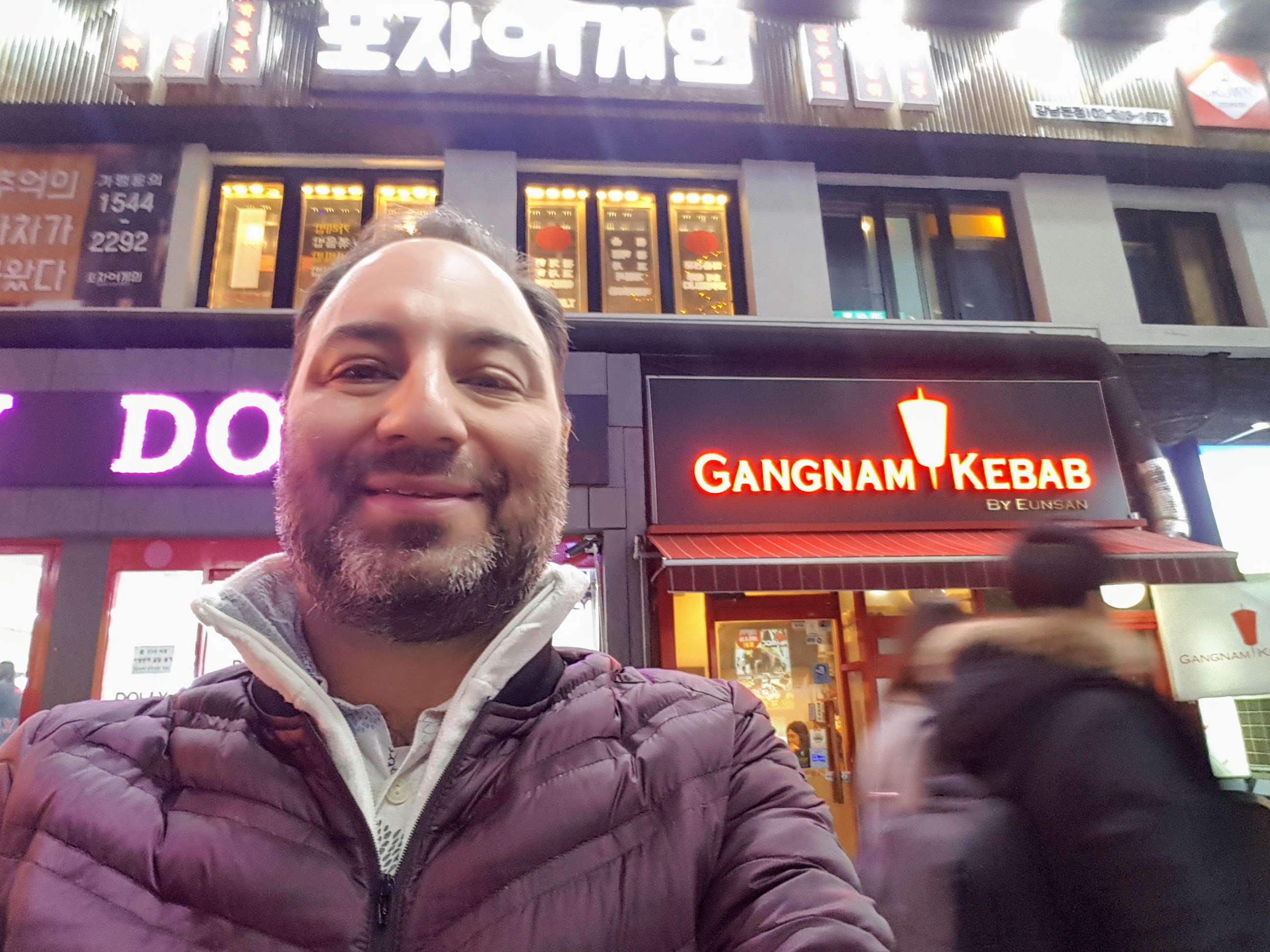Today at work, I heard the sound of a hundred people all beginning to breathe again at once.
They had been, it seemed, collectively holding their breath as the acting chief justice of the South Korean Supreme Court read out the judgment removing President Park Geun-hye from office. It was a dramatic event, and I was listening to it live online, though I couldn’t understand all that much. At first, the court made clear that it was not considering Park’s response to the Sewol ferry disaster in its decision about whether to remove her from office. For a moment, it seemed as if the court might be letting her off the hook.
The exhale came when the acting chief justice declared that Park had shown contempt for the law. The unanimous verdict was clear some moments before it was officially complete. The sound I heard wasn’t jubilation, but more a quiet sense of relief. At lunch not long after, there was a bit of murmur, and more people than usual were glued to their phones.
I don’t speak Korean well enough to gauge the mood more broadly. I didn’t notice anything out of the ordinary on my commute home tonight. For dinner, I decided to go get a kebab sandwich at the same neighborhood place where I ate on the night Trump was elected. Gangnam Kebab is now my go-to place for momentous political occasions. The TV news was on.
In Gwanghwamun, where the protests took place and where the presidential Blue House and the High Court are, things are apparently kind of crazy. Two pro-Park protesters died today, either from suicide or in accidents — the details remain fuzzy. There will be one last big rally tomorrow, and my friend who lives in the area has called off plans to come visit me because getting anywhere will be impossible for her.
The last poll I saw showed that 70 percent of Koreans wanted Park out, but her supporters are a passionate group. Her support is strongest among the elderly, who remember her father, dictator Park Chung-hee, as the man who built Korea. Today their protests turned briefly violent as they tried to march on the court. There were 21,000 police officers deployed to the area, and they got things under control quickly.
What’s next
There are lots of questions about what exactly happens next, but the details are getting clearer. The current acting president, the conservative minister selected by Park Geun-hye, will continue to hold power for now. An election must be held within 60 days, and the leading candidate is Moon Jae-in, from the liberal side. The conservatives haven’t got much in the way of viable candidates, and the acting president is seen as their best shot; if he runs, he has to resign his current position within 30 days.
The election, then, is likely to happen around May 9. There will be primaries before then. Much of the discussion will likely focus on policies toward North Korea, China, and the US — the liberals are likely to want to open discussions with the North while moving closer to China and further from the US — but the biggest issues facing the country right now, I think, are internal: corruption, of course, but also the need to face social issues like poverty among the elderly, family control of the big chaebol conglomerates, unemployment among the young. I’m cautiously hopeful that Korea can make progress on these issues in the coming years.
As for Park, she will almost certainly face criminal charges, and it’s hard to imagine that a Supreme Court that just declared her actions criminal will change its mind anytime soon. She has to leave the Blue House soon, and she won’t get her presidential pension. The trial against top Samsung executives is ongoing as well. That’s about their bribery of Park, plus associated embezzling and perjury. For those who protested against Park, holding these chaebol bosses accountable is nearly as important.
Happy but solemn
This is a happy moment for South Korea, and one that Koreans should be proud of. Their country has reinforced the rule of law through legal means. But it’s not an outright celebration. The joy is tempered by sadness that the situation has come to this pass at all.
One can hold Park accountable and also feel sorry for her. The daughter of a dictator who lost both her parents to assassinations, she is, in a way, yet another victim of Park Chung-hee’s regime. If she behaved terribly in office — keeping secrets, taking bribes, extorting money, blacklisting artists who disagreed with her — it’s not hard to see where she learned her leadership style. It was a mistake to elect the daughter of the dictator. It was a mistake for the daughter of the dictator to run for president.
There is much to be done in Korea, and the next months will be busy. But for now, at least, justice has prevailed.

